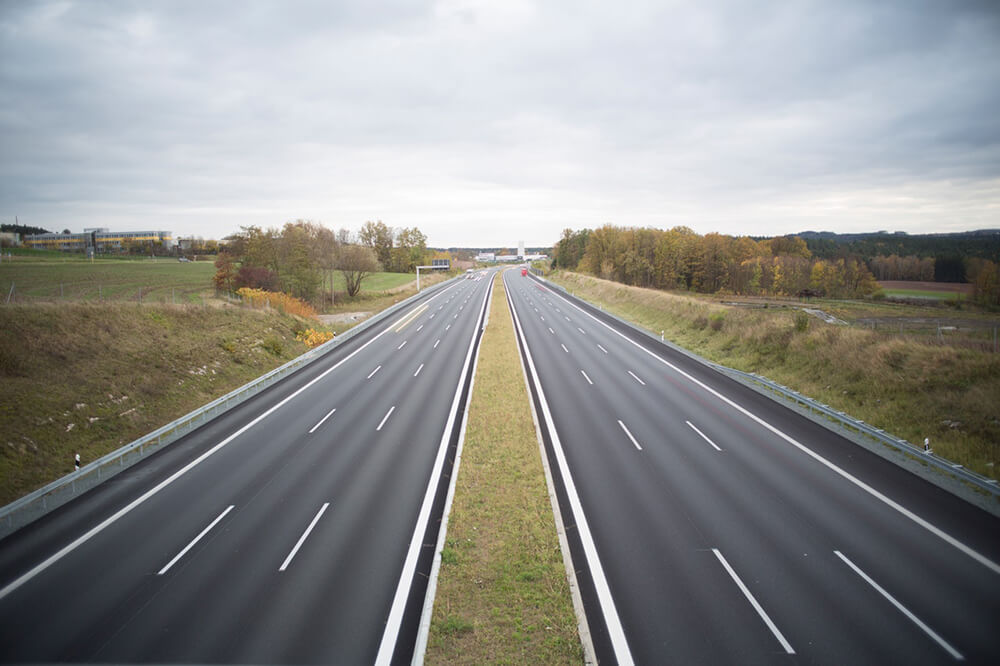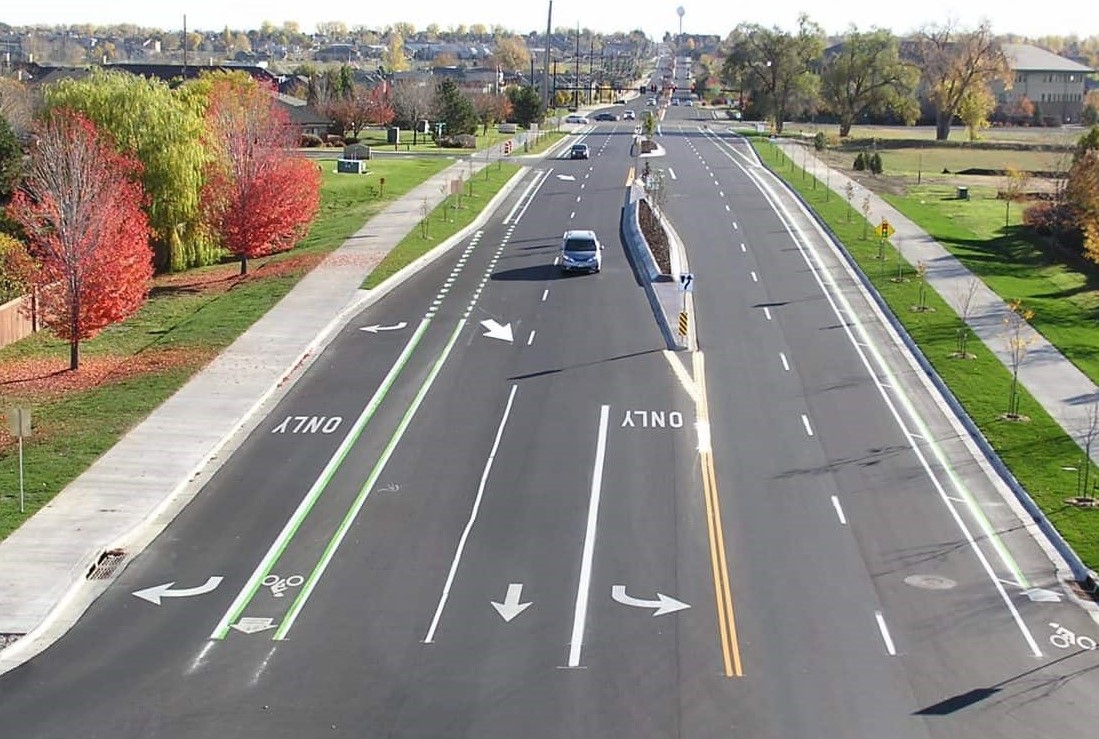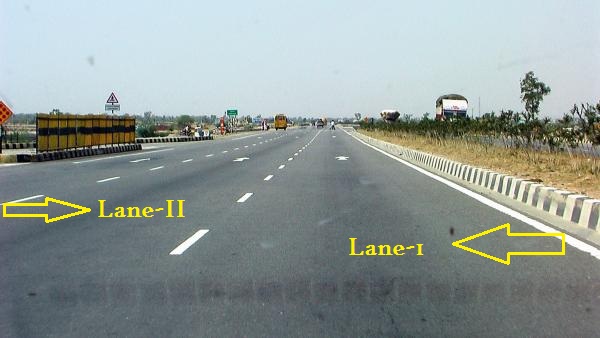Understanding Community Support: Reflecting On The Lane Graves Funeral
The concept of a community coming together during times of deep sorrow is a very powerful thing, and too it's almost something that truly shows the strength of human connection. When a collective loss happens, like the one that brought about the focus on the lane graves funeral, people often look for ways to support one another, to find comfort, and to make sense of something so difficult. This gathering, this shared moment of grief and remembrance, is not just about saying goodbye; it is that about reinforcing the bonds that hold us all together, a sort of invisible network of care.
For many, the mention of the lane graves funeral brings thoughts of a profound and widely felt sadness. It represents a moment when a community, and indeed many beyond it, paused to acknowledge a life that ended far too soon. In these moments, people often seek information, a bit of shared experience, or just a way to understand how others cope. This article aims to explore the broader idea of community support during such times, drawing some subtle parallels to how connections and shared insights can lead to better outcomes, even in the most challenging situations.
We see, you know, how important it is for people to connect, to share what they are feeling, and to work together when things are hard. It's not so different, in a way, from how systems are built to help people, to make sure information flows smoothly, and to give support where it is needed most. The lane graves funeral, as a focal point, reminds us of the human need for connection, for compassion, and for pathways that lead to healing, however long that might take.
Table of Contents
- Biography and Personal Details
- The Power of Community in Times of Sorrow
- The Role of Organized Support
- A Legacy of Remembrance
- Frequently Asked Questions About Community Remembrance
Biography and Personal Details
Specific biographical and personal details regarding the individual associated with the lane graves funeral are not available from the provided text. This article focuses on the broader themes of community response and support in times of collective sorrow, rather than specific personal information.
The Power of Community in Times of Sorrow
When something truly difficult happens, the way a community responds can make a real difference, you know. It's in these moments that the strength of human bonds becomes very clear. The collective response to events like the one that led to the lane graves funeral shows how people naturally reach out, offering comfort and practical help to those who are hurting. This coming together, this shared experience, is a fundamental part of how we cope with profound loss.
People often find solace in numbers, in knowing they are not alone in their sadness. It's like, the grief is shared, and that makes it a little less heavy to carry. This shared experience creates a kind of informal support network, which is, in some respects, very much like a system designed to help people connect and coordinate for better results. The sheer act of showing up, of being present, can offer immense comfort during a time of great pain.
The shared experience of grief can also lead to a stronger sense of unity within a community. It's almost as if the sorrow itself becomes a common thread, weaving people together. This unity can then become a foundation for ongoing support, for remembering, and for moving forward, however slowly. It shows, basically, how powerful human connection can be when facing difficult times.
Connecting Hearts and Minds
Think about how people connect during a time of loss, like the period around the lane graves funeral. It's not just about physical presence; it's about connecting hearts and minds. This connection, in a way, mirrors how "Lanes connects los angeles hospitals, clinics, payers & more for better outcomes & coordination." Just as a system connects different parts of healthcare for a common good, a community connects its members to support each other through grief.
These connections facilitate the flow of empathy, shared memories, and practical assistance. It is that a network of compassion, where individuals act as points of connection, sharing their strength and offering a listening ear. This kind of human network, arguably, is just as vital as any organized system in providing what people need during moments of crisis. It's about making sure no one feels completely isolated in their pain.
When people connect like this, they create a safety net, a kind of shared space where feelings can be expressed without judgment. This informal coordination, you know, helps everyone involved feel a bit more grounded. It shows how simply being there for one another can lead to a sense of shared purpose and a collective effort to heal.
Sharing the Weight of Grief
The idea of sharing grief is a very real thing, and it's something that can lessen the burden on those who are hurting most. It's a bit like how "Sharing health data facilitates hospitals and health systems patient care." Just as sharing information can improve patient care, sharing the emotional weight of a loss, like the one remembered with the lane graves funeral, can help individuals process their feelings and find a path toward healing.
When a community shares in the sorrow, it allows for a distribution of the emotional load. This means that one person doesn't have to carry all the sadness alone. It's an organized way, in some respects, of delivering support, making sure that resources, whether they are emotional or practical, are available to those who need them. This collective approach helps to prevent isolation and promotes a sense of solidarity.
This sharing can take many forms, from quiet presence to offering a meal, or just sharing a memory. Each act, no matter how small, contributes to a larger system of support. It's almost like everyone plays a part in a coordinated effort to lift spirits and provide comfort. This collective effort, you know, really aids in the management of collective well-being during difficult times.
The Role of Organized Support
Beyond the spontaneous acts of kindness, there is often a need for more organized support when a community faces a significant loss, like the one associated with the lane graves funeral. This organized approach can help ensure that resources are used effectively and that help reaches those who need it most. It's about creating pathways for support that are clear and accessible, just as systems are built to provide "better information access" and "enhanced care coordination."
This kind of structured support can involve setting up funds, coordinating volunteers, or arranging memorial events. It brings a sense of order to what can feel like a chaotic and overwhelming situation. By organizing these efforts, a community can provide a more consistent and reliable source of comfort and assistance, which is, honestly, very important when people are vulnerable.
The goal of organized support is, basically, to make sure that the right help gets to the right people at the right time. It's about being prepared and proactive in extending compassion. This structured approach, you know, helps to reduce duplication of effort and ensures that everyone who wants to contribute can do so in a meaningful way.
Pathways to Peace
Finding peace after a significant loss is a long and often difficult journey. Organized community support can create "pathways to peace," much like how "Lanes defines consent as the sharing and accessing of the patient’s personal health data through an hie for treatment, payment and healthcare operations purposes." Just as clear pathways are established for data sharing to benefit patients, clear avenues of support can guide individuals through their grief.
These pathways might include grief counseling services, support groups, or community remembrance events. They provide a structure within which healing can begin. It's about offering choices and resources that allow individuals to navigate their personal journey of grief in a way that feels right for them. This kind of thoughtful provision of support is, you know, very helpful in the long run.
The existence of these organized pathways ensures that people don't feel lost or alone in their sorrow. They know there are places to turn, people to talk to, and resources available. This sense of knowing where to go for help can be incredibly comforting, providing a bit of stability during an incredibly unstable time.
By coordinating efforts, communities can deliver support in a way that is truly meaningful and effective. This might involve making sure families have access to emotional support, financial assistance, or simply a space to remember and honor their loved one. The coordinated effort, you know, helps to maximize the positive impact of all the good intentions.
When support is organized and thoughtful, it helps to prevent further distress and promotes a sense of well-being, even in the face of profound sadness. It’s about making sure that every act of kindness, every gesture of support, contributes to a larger goal of collective healing and remembrance. This focus on compassionate outcomes, honestly, is what truly defines a supportive community.
A Legacy of Remembrance
A funeral, like the lane graves funeral, is not just an ending; it is often a beginning of remembrance. Communities often find ways to create a lasting legacy for those who are lost too soon. This can involve establishing memorials, organizing annual events, or supporting causes that honor the memory of the individual. It's a way of keeping their spirit alive and ensuring that their impact continues to be felt.
This ongoing remembrance is a vital part of the healing process for many. It provides a way to acknowledge the life that was lived and to ensure that the memory continues to inspire positive action. The collective act of remembering strengthens community bonds and provides a shared sense of purpose, which is, you know, very powerful.
Through these acts of remembrance, communities can also learn and grow. They might become more vigilant, more compassionate, or more unified in their efforts to prevent future tragedies. This continuous process of learning and adapting is, in some respects, very much like how data sharing "aids in population health management" and "supports research" for a better future.
Frequently Asked Questions About Community Remembrance
How do communities typically support families after a significant loss?
Communities often come together to offer support in various ways, like providing meals, helping with practical tasks, or just being present. They also create opportunities for shared remembrance, which is, basically, a way to show solidarity. This collective effort helps families feel less isolated during a very difficult time.
What is the importance of collective mourning?
Collective mourning is important because it allows a community to process grief together, which can lessen the burden on individuals. It reinforces social bonds and creates a shared space for expressing sorrow and finding comfort. It's a way, you know, for everyone to acknowledge the impact of a loss.
How can individuals contribute to community support efforts?
Individuals can contribute by offering practical help, providing emotional support, or participating in organized remembrance events. Even small gestures of kindness can make a big difference. It's about being present and willing to help in whatever way you can, which is, honestly, very meaningful.
To learn more about community well-being and support systems, visit our site. You can also explore how shared information fosters stronger connections.
For more general information on how communities support each other during difficult times, you might find resources on community resilience helpful.

Which Highway Lanes Are the Most Dangerous to Drive In? - Golden Law Office

Dedicated Left- and Right-Turn Lanes at Intersections | FHWA

Know Facts!